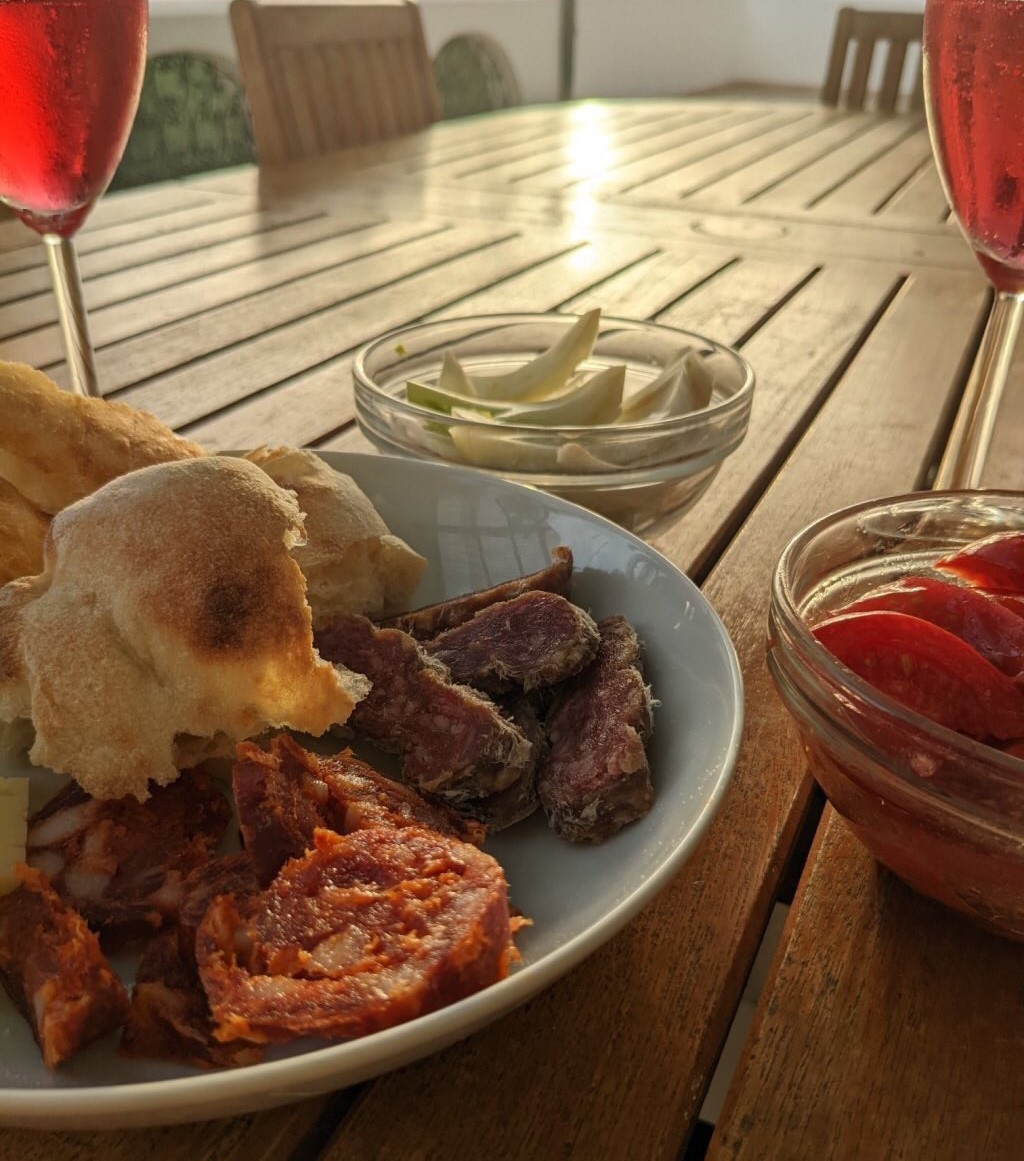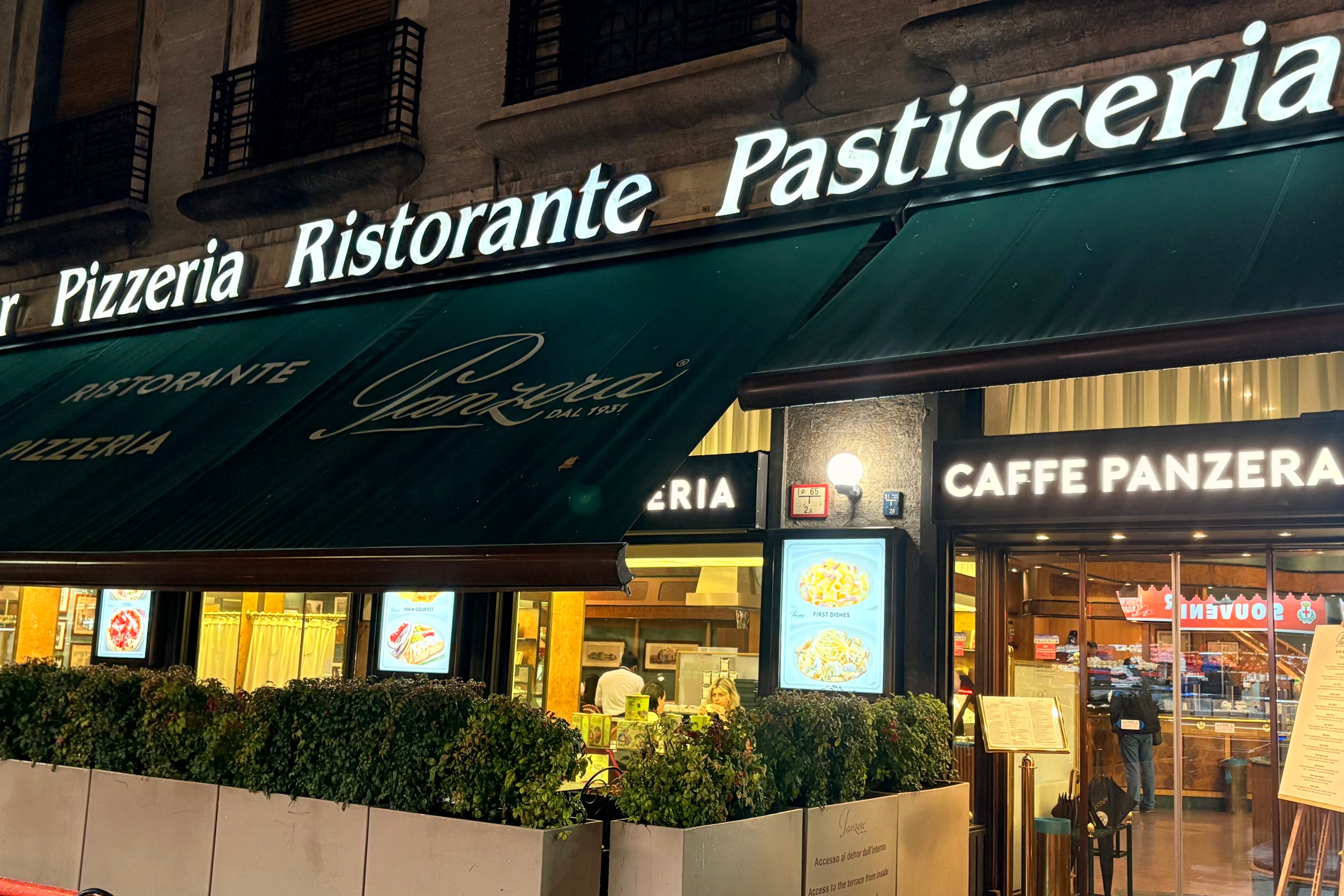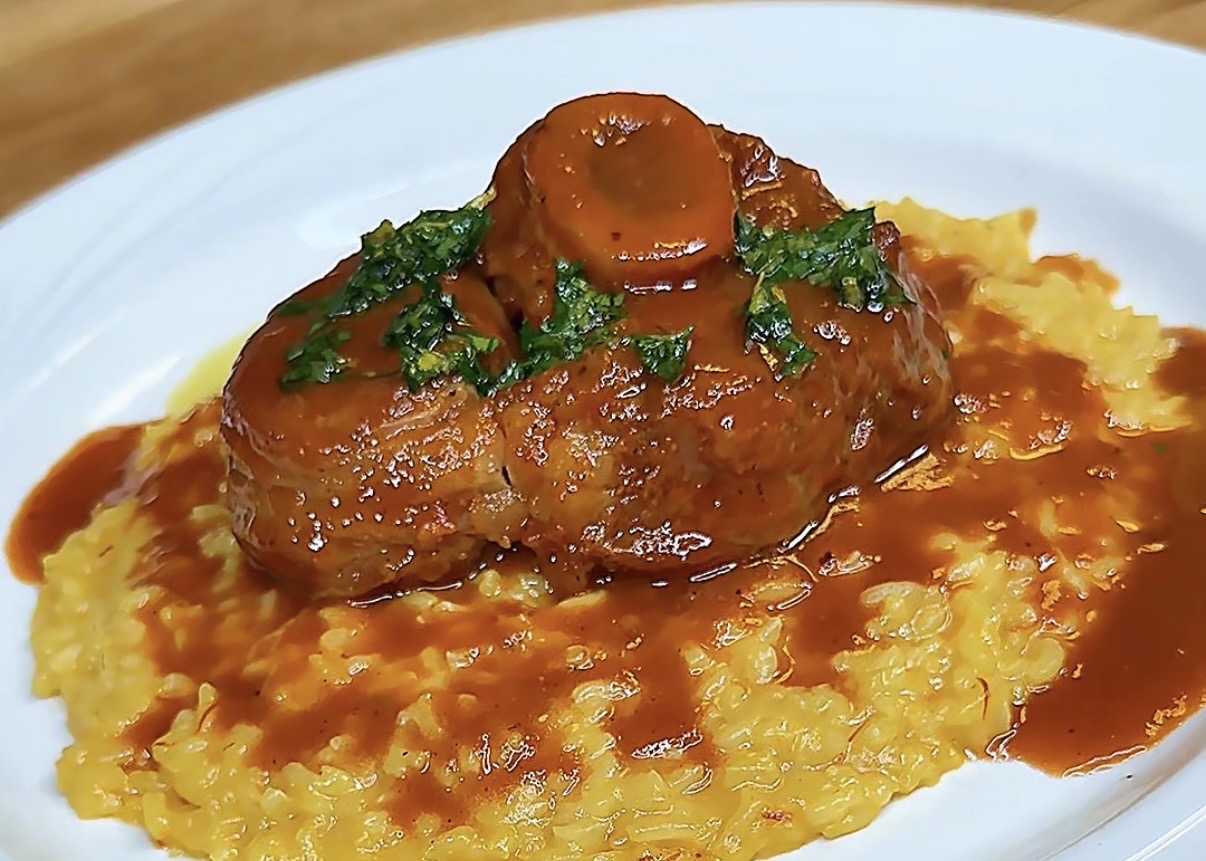Italian food culture is dedicated to the importance of slowing down and savoring a moment. In Italy, a meal is the purpose of the day – of a life. It is no secret that Italians take their food very seriously, and this is probably because it is intrinsic in our culture to make the most of every meal. The idea of revolving your day around when, where, and what you will eat may seem silly to Americans, but with further examination you begin to understand the sanctity of Italian food culture and how it leads to La Dolce Vita.
Eating in courses was one of the experiences I missed most when first dining in America. In Italy, especially on Sundays, when you sit down to your big meal for the day, you prepare to be occupied for a few hours. Typically, the meal will begin with il primo, a pasta dish such as a carbonara or linguine with clams. Following this you will be met with il secondo, a protein of some sort like a sumptuous veal or sausage accompanied by a light salad. After, is the tagliere, or as it would be called in America, the antipasti. This course consists of cured meats, fresh and aged cheeses, and bread. Bread is served with each course but is extra important with the tagliere. Once the table is cleared it is then time for il dolce.
In my family, it was usually someone’s task to grab a box of pastries from the local bakery, which included chocolate or powdered sugar covered profiteroles, tiny fruit tarts, and other sweet treats. These would always be enjoyed with a caffè or little espresso. Finally, the meal would end with some sort of fruit depending on the season.
In Puglia, we often eat perfectly ripe figs, apricots, and watermelon. Although this type of meal could take up to five hours, it was always a pleasure and perfect moment spent with family drinking local wine and playing cards. It signified a celebration of togetherness, indulgence, local ingredients, and the simplicity of life.
Although a Sunday meal cannot be achieved most weekdays because of how intricate and time-consuming it is, Italians make sure to pause the day for a meal even when they have to work. It always takes visitors by surprise when shops close until late afternoon to break for an extended lunch, but this practice is nonnegotiable for Italians.
During the week, around half past noon, most people in Italy, including school children, will go home for lunch where the matriarch of the home typically prepares pasta. For me, this was a time when my nonna made sure everyone ate something homemade and delicious in the midst of a busy day. Afterwards, I would relax with my family and head to ‘il bar’, to accompany my dad and zio (uncle) for their afternoon caffé where I always enjoyed a cheeky gelato. If you were one of the lucky ones, your day's obligations would end here, and the rest of your afternoon was spent with friends and enjoying the day outside. The others returned to work or school, dreaming of what would be on the table for dinner.
These traditions are important to Italians because they add to a culture insistent that life is not about work but rather about enjoying yourself. Food creates an excuse to both indulge and to slow down. The simple act of taking a pause is one of the most significant aspects of Italian food culture and after so many centuries remain the highlight of every Italian's day.






